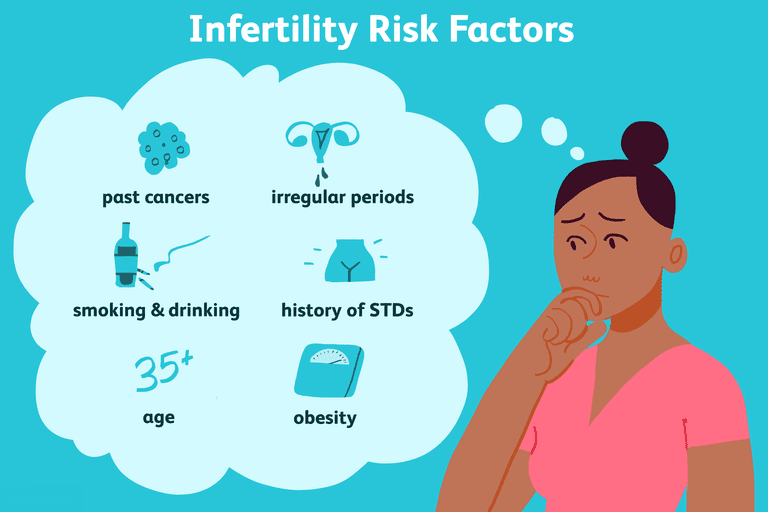Infertility: what to do if you don’t get pregnant?

Infertility: what to do if you don’t get pregnant?
For many couples, getting pregnant is not as easy as they thought it would be. It is a bit ironic that couples have trouble getting pregnant after being so worried about getting pregnant and doing things to prevent pregnancy. Infertility can be devastating for a couple, making them feel lonely, isolated and desperate. According to the latest data, more than 7 million women in the world aged 15 to 44 have used infertility services.
What is infertility?
Infertility is defined as not being able to come up with a consecutive 12-month period. For women over 35, infertility is defined because it takes longer than 6 months to become pregnant. Getting pregnant depends on a healthy sperm that fertilizes a healthy egg and nestles in the womb. These are basic medical data. Ovulation is when an egg is released from your ovary and it is important to find out when and whether ovulation occurs. If there is sperm, but no egg is released OR the egg is released and there is no sperm around at the time of ovulation, pregnancy cannot occur.
We have been trying to conceive for six months. What now?
So you have been trying to become pregnant for four to six months and nothing has happened. Some people worry that there is a problem. Some bury their heads in the sand and don’t want to do anything. Whether you start performing a number of fertility tests or not depends on your age and other fertility problems.
For those older than 35
If you are over 35, do not wait too long before seeking help. Ask your doctor or gynecologist to perform some basic tests or to give you a referral. If you are under 35, you can wait up to a year to do tests. However, if you are a stress ball because you do not get pregnant immediately, it may be a good idea for these couples to also perform the basic tests.
Basic Fertility Tests
The most basic fertility test is what is referred to as a day-3 hormone panel. It is a simple blood test. Blood is drawn on the third day of your period. The hormones that are tested are:
Estrogen (E2)
Follicle stimulating hormone (FSH)
Luteinizing hormone (LH)
Estrogen, FSH and LH levels are measured to see that they are within the normal range for your age. Your doctor may also test your thyroid hormone levels because a slow thyroid may cause fertility problems.
Other fertility tests
Your gynecologist will also likely perform an ultrasound scan of your uterus and ovaries to determine if there is a major problem with your ovaries or uterus, such as PCOS or myomas. If further testing is needed, your ob-gyn will probably refer you to a reproductive endocrinologist (RE). This is a doctor who specializes in fertility.
Male factor infertility
About 30% of fertility problems are only due to the male factor, so it is very important that a man perform a sperm analysis. It is a very simple test and it is an easy way to rule out problems with male factor fertility. Plus, if there is a problem with sperm such as a low sperm count, this problem can often be helped with dietary and lifestyle changes within a relatively short period of time.
Will I ever get pregnant?
It is reassuring to know that most couples will be pregnant after a year of trying. For those who are not, most will be pregnant after two years. Couples who switch to IVF or other fertility treatments also have a good chance of becoming pregnant. Nowadays there are so many options available for couples who struggle with infertility. These treatments offer hope to so many couples who may not have had the chance to get pregnant in the past.
If you have questions or concerns about your health or fertility, it is important to consult OBGY Diagnostics doctor. If you want to make an appointment, we can be reached by phone at (423) 35169602) or online.
Posted in
Infertility,
Pregnancy
Baby Delivery Charges In Pakistan Best Gynecologist in Lahore Dr Zoona Saeed Normal Delivery Charges In Lahore Hospitals OBGY Hospital Dr Saeed